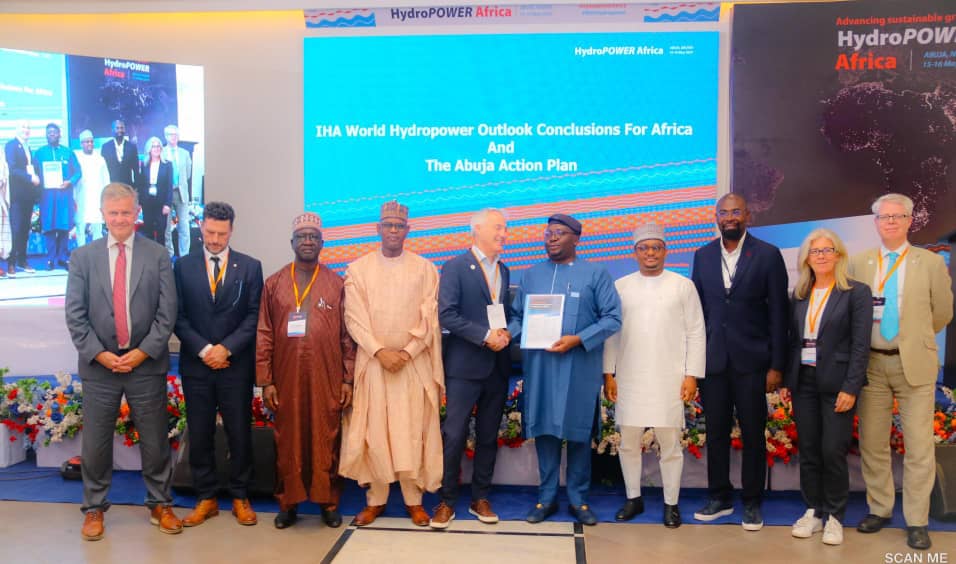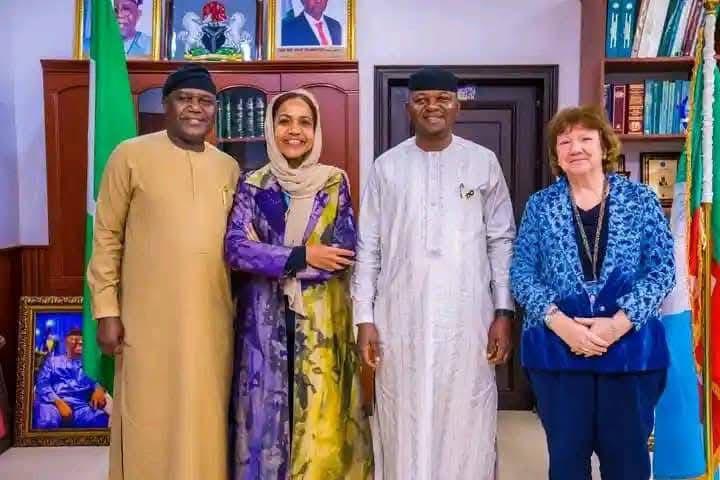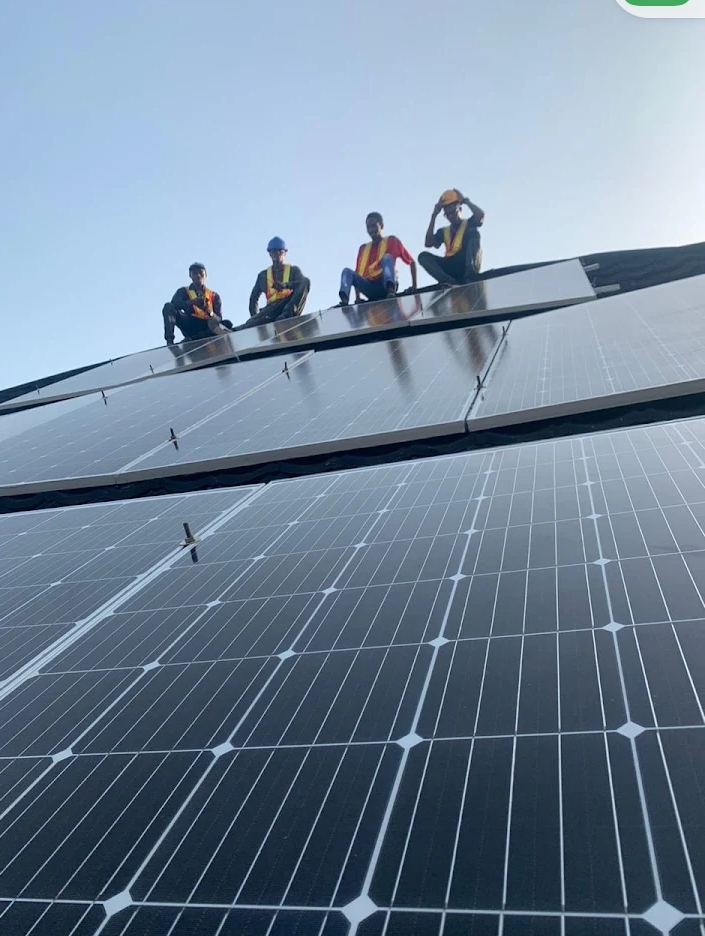
By Fatima Saka
The Federal Government of Nigeria, in collaboration with the African Development Bank (AfDB) and various development partners, has been at the forefront of promoting the development of hydropower generation throughout the country.
In a concerted effort to progress hydropower initiatives in Nigeria, a solid foundation is being laid to facilitate sustainable energy development and foster economic growth.
During the World Hydropower Outlook Summit, themed “Advancing Sustainable Growth, Hydropower Africa,”that took place in Abuja, the Honourable Minister of State for the Federal Ministry of Water Resources and Sanitation, Rt. Hon. Muhammad Bello Goronyo, Esq., eloquently emphasized the multifaceted potentials of hydropower. He highlighted its ability to stimulate economic growth, improve access to electricity, and drive social development across the continent.
The Minister underscored the crucial role of reliable energy in propelling industrialization and economic progress, emphasizing the Ministry’s unwavering commitment to enhancing efficiency in electricity generation, transmission, and distribution through the operation of hydropower dams nationwide.
Goronyo also discussed Nigeria’s official launch of the Gazette of the National Energy Policy and National Energy Master Plan, which paves the way for enhanced energy sufficiency necessary for driving rapid industrialization and ensuring food security.
He further announced the development of hydropower sites with a capacity to produce approximately 14,000 megawatts of electricity. These sites, comprising both major and micro installations strategically positioned across the country, aim to guarantee sustainable power supply for all citizens by 2030. The Minister reiterated the Ministry’s dedication to boosting power generation through the concessioning of hydropower dams at Gurara, Kashimbilla, and Dadin-Kowa.
Goronyo described hydropower as a beacon of hope, heralding a future where clean energy not only propels progress but also sparks economic prosperity, paving the way for a promising future in Nigeria.
While advocating for the advancement of hydropower, the Minister emphasized the importance of conducting thorough evaluations of its environmental and social impacts on ecosystems and local communities. He stressed the necessity of comprehensive environmental impact assessments, robust mitigation strategies, and meaningful engagement with stakeholders.
Moreover, he highlighted the critical juncture that Africa finds itself in regarding harnessing hydropower opportunities amidst various challenges. He emphasized the urgent need for energy security and environmental sustainability in the region.
Speaking on the Minister of Power, Hon. Chief Adebayo Adelabu, mentioned that President Bola Ahmed Tinubu GCFR has significantly bolstered the power sector by enacting the Electricity Act of 2023. This legislation transferred control of power generation, transmission, and distribution from the exclusive to the concurrent list, setting the stage for Nigeria to achieve Sustainable Development Goal 7 through the National Policy and Strategic Implementation Plan.
Adelabu reiterated the commitment to achieving sustainable energy for all by 2030, aiming to provide 30 gigawatts of electricity by then, with 30% coming from renewable sources like hydro, solar, and wind energy to foster a more environmentally friendly and resilient energy landscape for the nation’s future.
The Minister of Power also highlighted the Federal Government’s collaboration with the World Bank to implement the Sustainable Power and Irrigation in Nigeria (SPIN) project. This initiative seeks to optimize the utilization of existing storage for irrigation and hydropower generation, thereby promoting integrated water resources management in the country.



